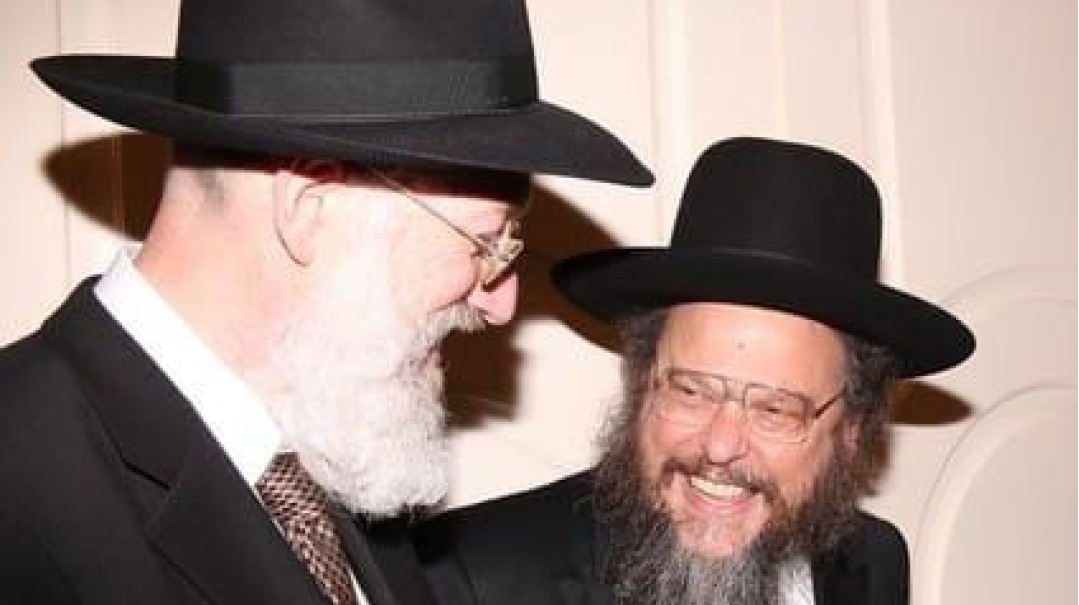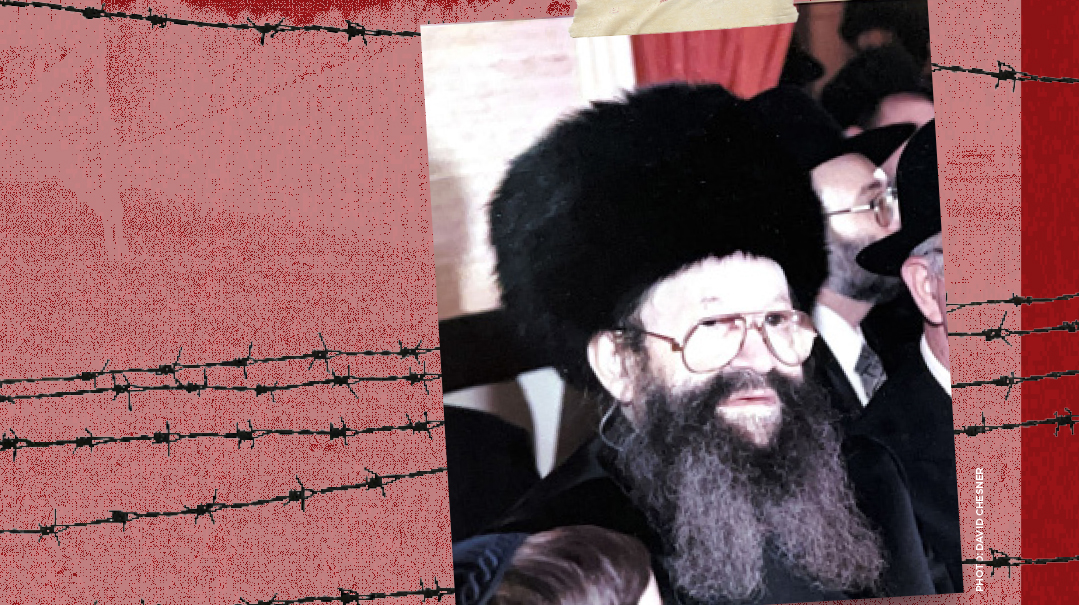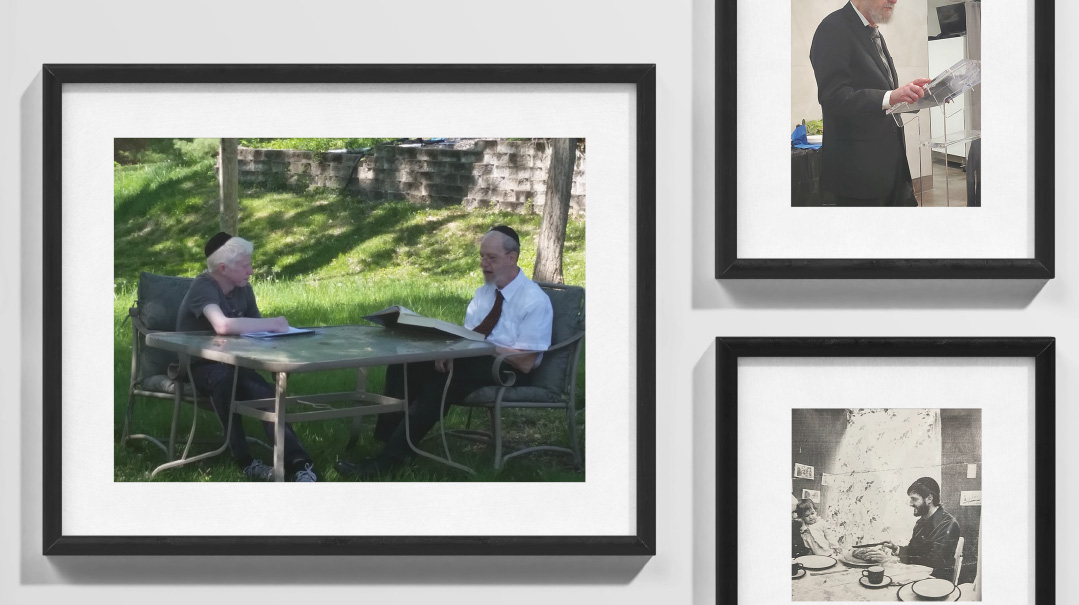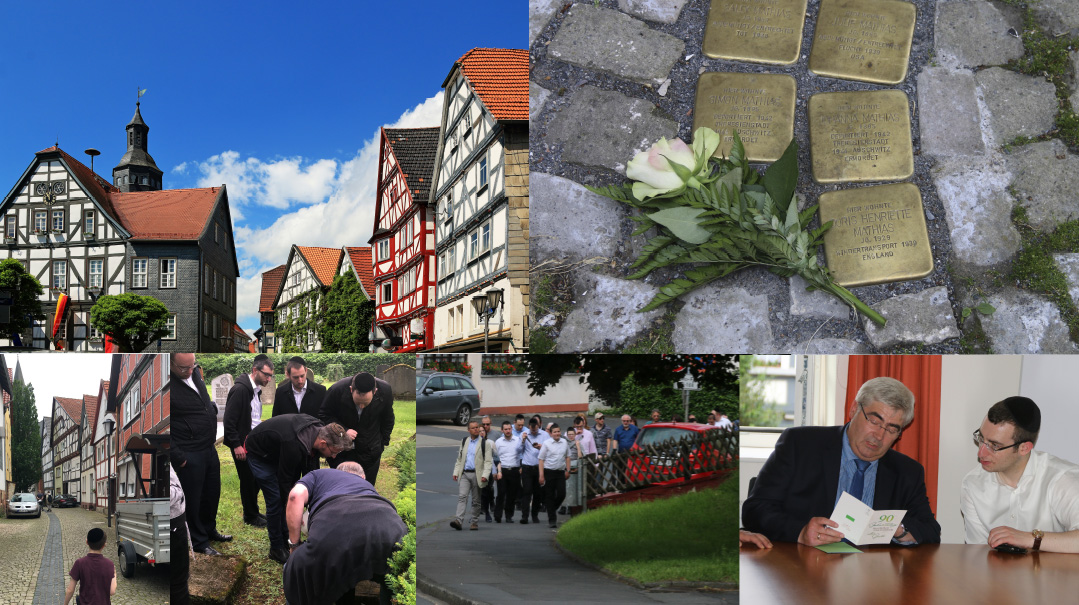The Wedding Guest
| December 6, 2022Among all the sites of suffering he’d seen, he still remembered Gunskirchen clearly
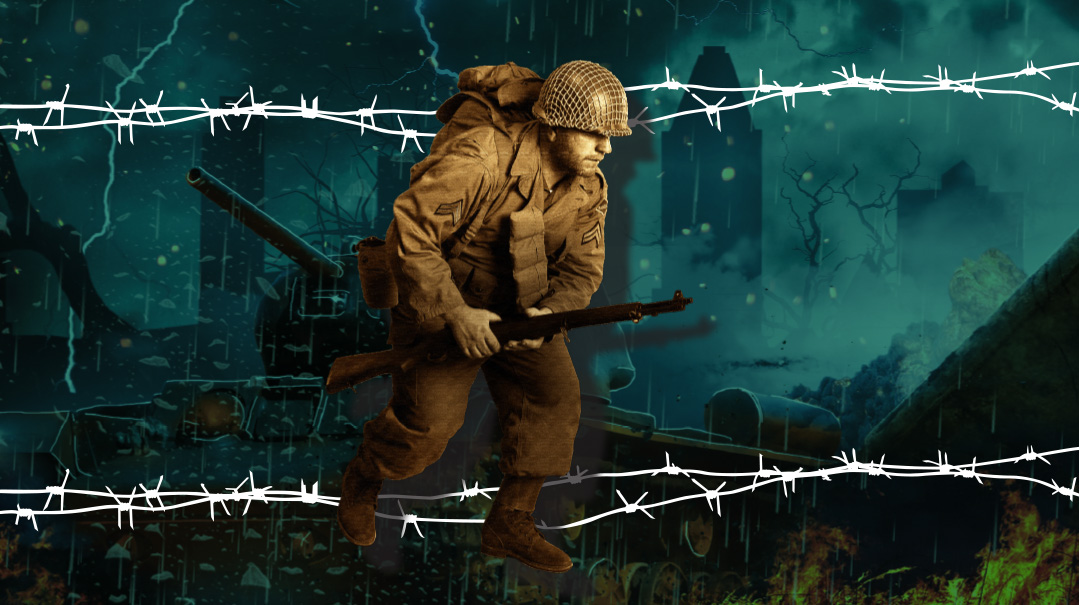
As told to Riki Goldstein by Moishe Rosman
We were just beginning a regular Shabbos morning davening when a father and son whom I’d never seen before walked into our shul in Pomona.
I’ve been the shul’s gabbai for 17 years, so naturally, I did my thing — helped them find seats, and when davening was over, invited them to join us at the kiddush. They were happy to sit down with us. It seemed that their relative had just moved to our area of Pomona, and they were here visiting from Brooklyn.
WE all got talking, and the son introduced himself as Ari Scharf. He arranges trips to Europe for families who want to visit their ancestors’ kevarim and hometowns or to honor the memory of the kedoshim at the concentration camps. My own father, a native of Munkacs, survived the camps as a teenager, so Europe and Holocaust history are close to my heart, and I listened avidly as Ari began to share stories.
At first Ari spoke about Poland, about how the Yidden tried to survive against terrible odds, and about the few goyim who risked their own lives to hide them. Then he offered another kind of story, and the men around the table leaned in to listen.
“It happened in May 1945, after Hitler had already committed suicide and the Allies were all over Europe, just two days before the unconditional surrender of the German army on May 8. Nazis were still at large but were fleeing into Germany proper in fear. Russian forces were advancing from the East, brandishing their rifles like peasants on a rampage.
“Meanwhile, four young American soldiers from the US Army 71st Infantry Division got lost on a dirt road in Austria near the Mauthausen concentration camp. They wanted to turn around and rejoin their division, but something very disturbing on that road propelled them to drive on. They smelled a terrible scent in the air and suspected dead bodies, the site of some kind of massacre.
Oops! We could not locate your form.


